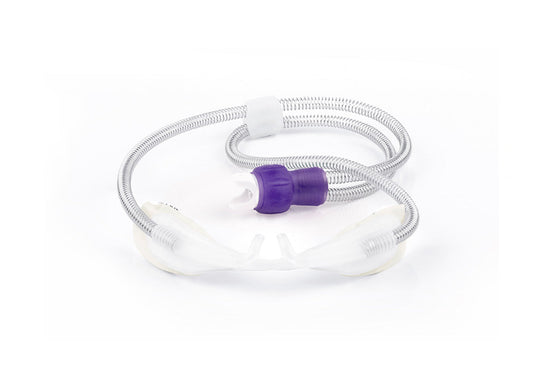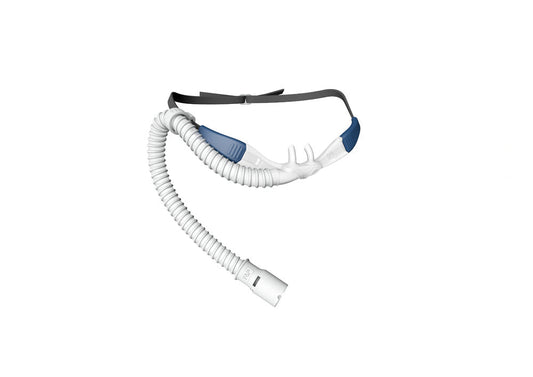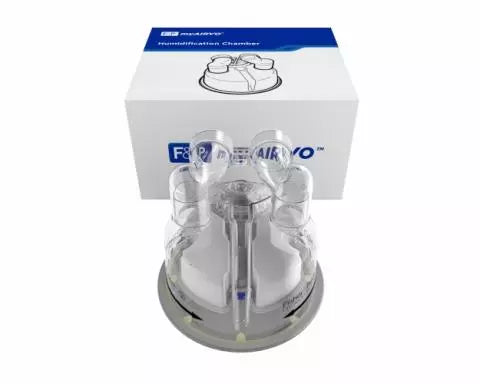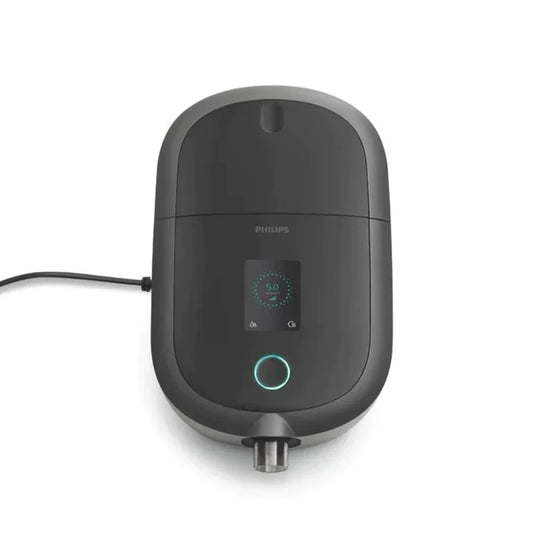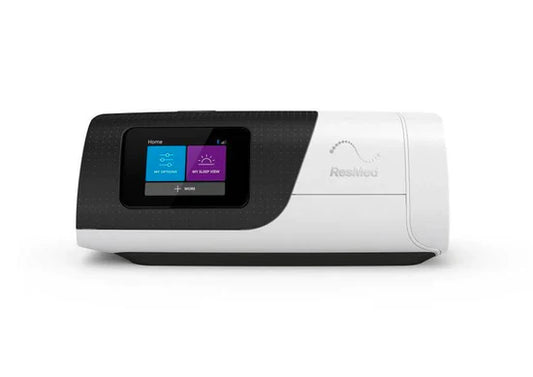The Impact of Sleep Apnea on Mental Health: What You Need to Know

The Impact of Sleep Apnea on Mental Health: What You Need to Know
Sleep apnea is a common condition that affects millions of people worldwide. It is characterized by temporary interruptions in breathing during sleep, which can disrupt sleep quality and, in the long term, have devastating effects on mental and physical health. While this condition is primarily associated with physical symptoms such as snoring and excessive fatigue, the impact on mental health should not be underestimated.
What is sleep apnea?
Sleep apnea is divided into two main types: obstructive sleep apnea (OSA) and central sleep apnea (CSA). OSA, the most common form, occurs when the upper airway is partially or completely blocked during sleep. This results in frequent pauses in breathing, which can interfere with restful sleep. CSA, on the other hand, is linked to a defect in nerve signals from the brain, which prevents the respiratory muscles from functioning properly.
People with sleep apnea may not be aware of these interruptions, but symptoms often include excessive daytime sleepiness, morning headaches, and difficulty concentrating.
The Connection Between Sleep Apnea and Mental Health
-
Depression : One of the most notable consequences of sleep apnea is its association with depression. Studies have shown that people with sleep apnea are at increased risk of developing depressive symptoms. Prolonged sleep disturbances and interrupted nights prevent the brain from functioning normally, disrupting the chemical balance needed to maintain a stable mood.
-
Anxiety : The impact of sleep apnea on mental health also includes an increase in anxiety disorders. Lack of sleep can increase stress levels and make individuals more vulnerable to anxiety attacks. Constant worries about sleep quality, the inability to rest properly, or irritability can also fuel episodes of anxiety.
-
Cognitive Impairment : One of the most concerning symptoms of sleep apnea is decreased cognitive ability. Lack of restorative sleep impairs the brain's executive functions, such as memory, concentration, and decision-making. This can lead to problems in professional and personal life, as well as difficulty performing daily tasks.
-
Chronic fatigue and irritability : One of the most immediate symptoms of sleep apnea is extreme fatigue, even after a full night's sleep. This fatigue can cause mood swings, increased irritability, and a general feeling of frustration, which, in turn, can affect social and family relationships.
Why does sleep apnea affect mental health?
The exact mechanism behind sleep apnea's impact on mental health is complex, but several factors come into play:
-
Lack of sleep : Sleep apnea prevents the brain from reaching deep sleep, which is essential for brain repair and emotional management. Without restorative sleep, the brain is less able to regulate emotions and maintain a positive state of mind.
-
Hormonal imbalance : Frequent breathing pauses during the night can disrupt the release of certain hormones, including melatonin (the sleep hormone) and cortisol (the stress hormone), worsening symptoms of stress and anxiety.
Care and treatment
Treating sleep apnea is essential to prevent its negative effects on mental health. Treating this condition can have a direct impact on improving mood and depressive symptoms.
-
Continuous Positive Airway Pressure (CPAP) Devices : The most commonly prescribed treatment for sleep apnea is the use of a CPAP machine. This device helps keep the airway open during sleep, allowing for deeper, more restful sleep.
-
Lifestyle changes : Adopting a healthier lifestyle, such as losing weight, avoiding alcohol before bed, and engaging in regular physical activity, can reduce the symptoms of sleep apnea and, in turn, improve mental health.
-
Consult a mental health professional : Patients with sleep apnea who also experience symptoms of depression or anxiety should consider consulting a therapist or psychiatrist to address these issues appropriately.
Conclusion
Sleep apnea isn't limited to physical problems: its impact on mental health can be just as serious. Mood disorders, depression, anxiety, and decreased cognitive function are common consequences of this condition, which can profoundly affect the quality of life of those affected. By understanding the impact of sleep apnea on mental health, it becomes possible to take steps to mitigate its effects and improve the overall well-being of affected individuals.

